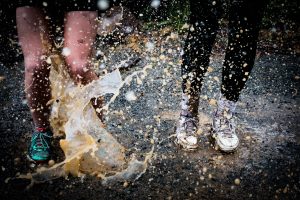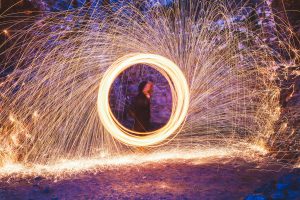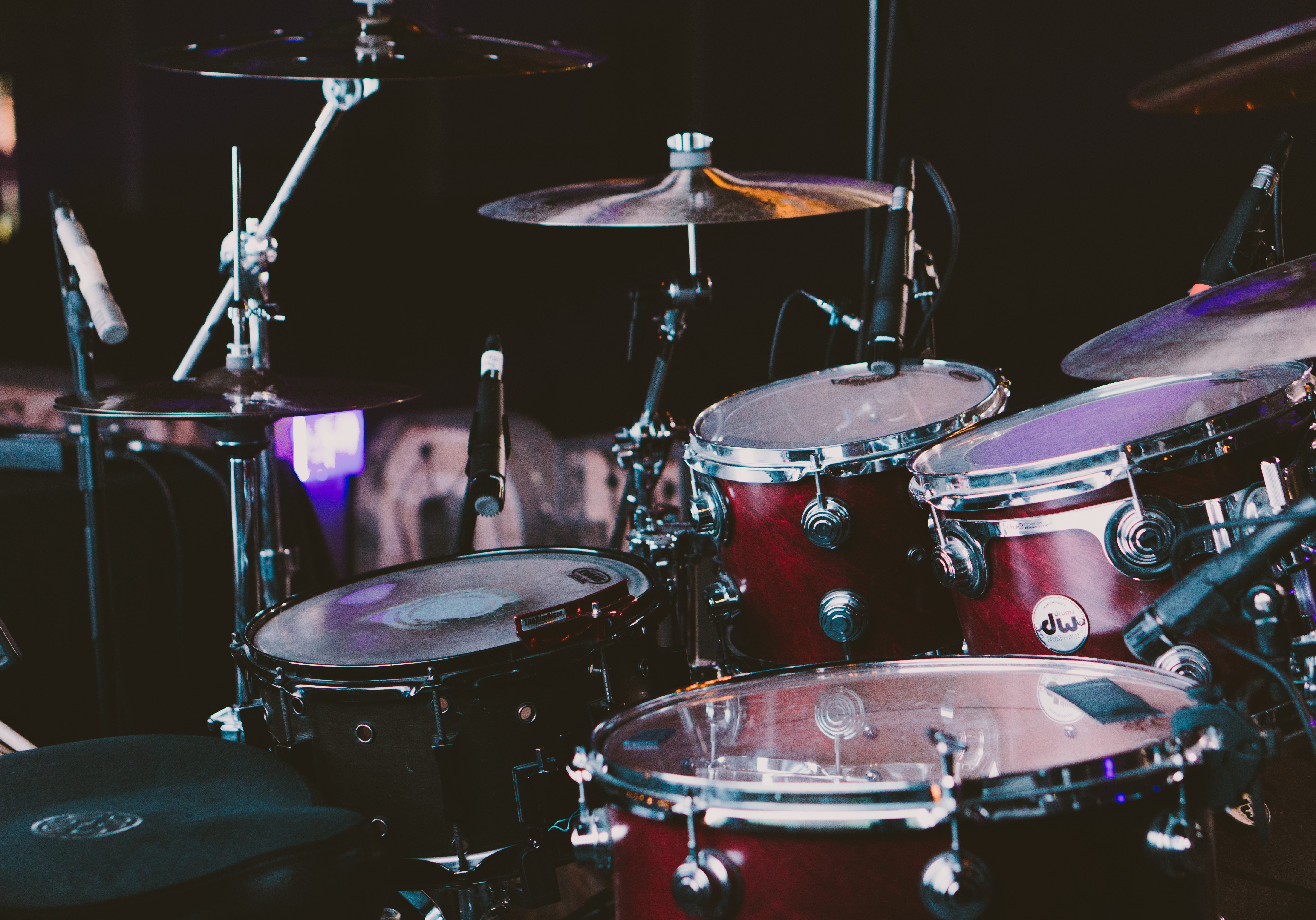I’ve always been a little bit uncomfortable answering the question “What is good writing?” Sure, it’s easy to cite technique: freshness of language, specific sensory detail, and the like. But, of course, it’s more than that. My first college writing teacher called this “plumbing the…
READ MORE >>Being creative means living richly and bravely, of feeling and experiencing and allowing instead of suppressing. Sure, maybe propelled by the energy of fear alone, you can force yourself to finish that report or project, but then, you are creating from the energy of constriction and resistance and suffering, whereas true creative energy is characterized by ease and joy.
READ MORE >>“Annoyed” can be an interesting emotion to explore in writing. It is not a reflection of shallowness or immaturity, but perhaps an indication of significant needs and motivations. Notice what bothers your characters. Do they do something about it, or do they simply stay annoyed and put up with the bothersome situation? How does each option influence the story’s plot and the character’s responses to conflict?
READ MORE >>“No big whoop” and “yes” are attitudes of allowing, ones that free you to make mistakes, to be eccentric, to be imperfect and thus intriguing. This is what the use of specific detail in creative writing is about: capturing those unique traits that make something come alive on the page by distinguishing it from anything else of its kind, picking out one or two or more key features that tell something essential about a character or an interaction or an object.
READ MORE >>Did you ever notice that some of your most prolific times, writing-wise, have occurred when your life has been highly unpredictable, when circumstances you’d depended on for a long time–whether related to health, friendship, money, love, sex–are called into question? I don’t think this is because you have to be unhappy in order to write well. You just have to be open. You have to let go.
READ MORE >>As writers, we can take advantage of this pre-existing creative content by recycling the moods, images, characters, and events of our dreams as poems and stories.
READ MORE >>Learning to write is largely about remembering how to notice the world around us—to re-awaken to our own experiences.
READ MORE >>Sometimes, all we need is the first step. . .more
READ MORE >>The term “creative” refers to the qualities of newness, novelty. This is why it is absolutely vital to let in the unknown, the unrecognizable. . . more
READ MORE >>I don’t remember exactly what I was doing this morning when I began thinking about the way that creativity requires us to stop planning. . . more
READ MORE >>- « Previous
- 1
- 2














